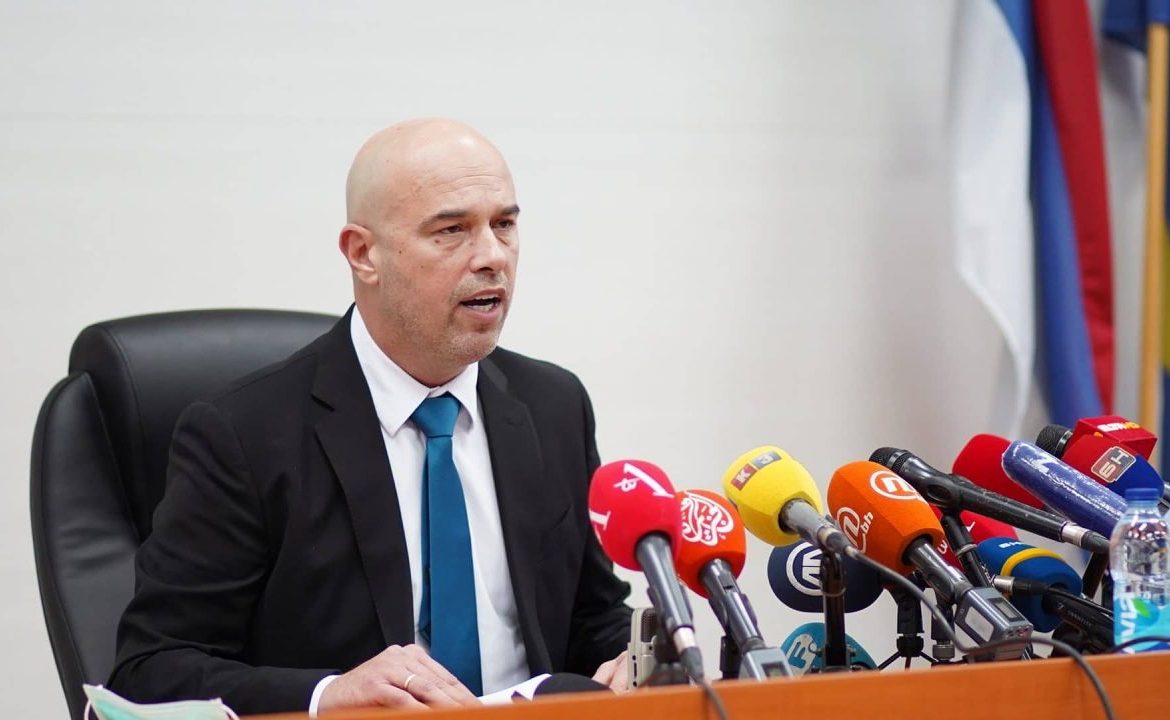Milan Tegeltija, head of Bosnia and Herzegovina’s highest judicial authority, said he is stepping down due to pressure from fellow judges and Western diplomats over allegations of corruption. He denies his guilt.
According to the Reuters news agency, Tegeltija announced on December 10 that he would step down from his position on the High Judicial and Prosecutorial Council (HJPC), which he has chaired since 2014, because could no longer perform the job as he feared for his safety.
The HJPC, which appoints judicial officials in the country, was formed in 2004 to defend the independence and impartiality of Bosnia’s ethnically divided judiciary after the 1992-1995 war.
Last month, the local news portal Istraga.ba published an audio recording in which Tegeltija allegedly told another judge on the Council about how to bypass accusations of nepotism while employing a relative within the courts system.
In turn, Tegeltija said that the recording, which caused public criticism against him and the institution, was illegally obtained. He also noted that he was the victim of illegal intelligence activities and accused Bosnia’s largest Bosnian Muslim political party (SDA) of organizing a media campaign against him.
However, the HJPC’s judges urged Tegeltija to consider firing, as his public image was eroding the relationship of Bosnia’s judicial system with international partners.
The EU delegation and U.S. Embassy in Bosnia had also called on Tegeltija to resign.
Earlier Tegeltija has already faced accusations of corruption in the media. For example, in May 2019, the local news portal Zurnal accused a senior official of bribery, posting an eight-minute video recorded in November 2018. There he discusses the case of businessman Nermin Alesevic, which has been slowly handled by the Prosecutor’s Office, with Marko Pandza, employee of the State Investigation and Protection Agency, and the businessman himself. After the conversation, Pandza received from Alesevic an amount in Bosnian marks, equal to almost 1,150 dollars, and promised that he would give them to Tegeltija. The judge also denied his guilt and was supported by his colleagues.


